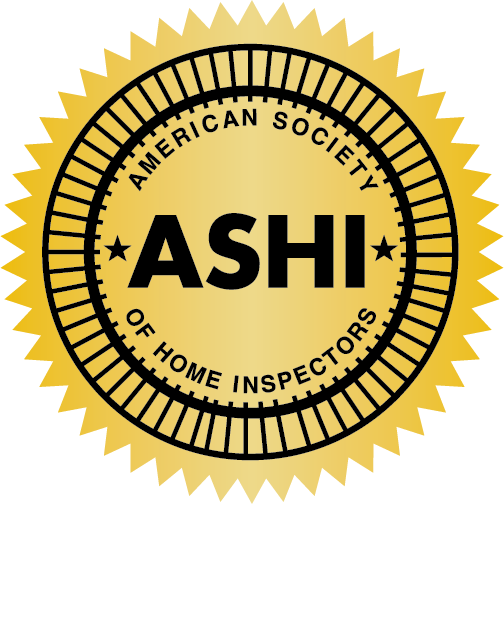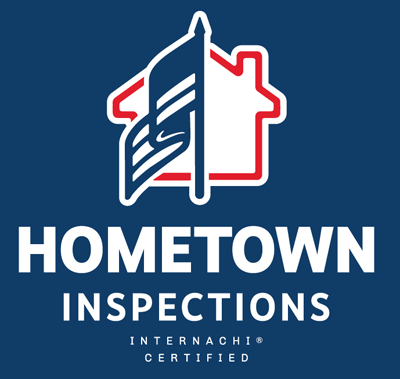Service Areas
Serving Maryland’s Eastern Shore and Sussex County, Delaware
Hometown Inspections
2510 Westwind Blvd.
Cambridge , MD 21613
Call Us Today!
Questions??
Licensed & Certified
Robert Davis
MD License 33656
MDA License 32628-91666
MDA License 32628-91666
DE License H4-0010188
ASHI Certified Inspector 267445


